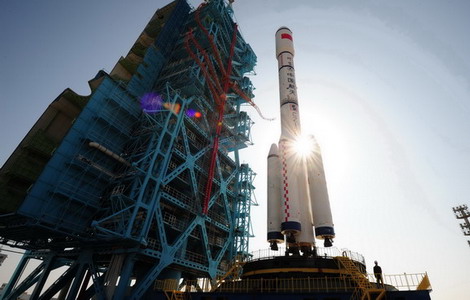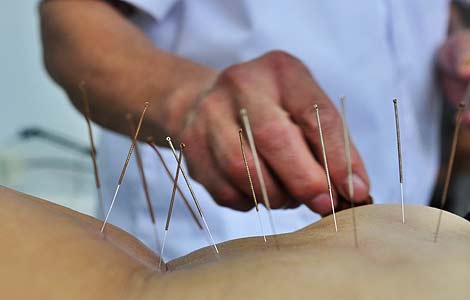|
|||||||||||
XI'AN, September 24 (Xinhua) -- China issued its first evaluation report on the Shanghai Cooperation Organization (SCO) on Friday reviewing its development since it was established 10 years ago.
This report was initially released on a sideline event of the ongoing 2011 Euro-Asia Economic Forum in Xi'an, capital city of northwestern Shaanxi Province.
As the co-work by a group of experts from Chinese Academy of Social Sciences(CASS) and some other major institutions related to SCO studies in China, the report is expected to provide necessary reference to relevant governmental departments in their work related to the SCO, and to provide convenient information about SCO for the public both in and out of China, said Zhang Deguang, secretary-general of the forum.
This year marks the 10th anniversary of the establishment of the SCO. The report focuses on the systemic review and assessment of the 10 years' development of cooperation in the SCO in the fields of security, military, regional economic cooperation, energy, culture and education, said Wang Tao, deputy director of the office of Euro-Asia Forum Executive Committee.
It consists of discussions on the regional situation and major issues influencing the development of the SCO, such as its strategic orientation, the influence of the situation of Kyrgyzstan, the Afghanistan issue, the Iran issue, and the issue of membership expansion, Lin Guijun, vice president of the University of International Business and Economics (UIBE), said at the meeting.
Despite the continuous changes in the international political and economic situation over the past 10 years, the SCO, with all member states held together in tackling various difficulties and challenges, has played a significant role in maintaining regional security and stability, promoting regional economic cooperation and economic growth, enriching cultural exchanges and enhancing mutual trust and understanding, said Wu Hongwei, a researcher with the Institute of Russian, Eastern European and Central Asian Studies of CASS.
Founded on June 15, 2001, the SCO groups China, Russia, Kazakhstan, Kyrgyzstan, Tajikistan and Uzbekistan. At the very beginning, it aroused doubts about its prospect and was suspected of being a military alliance against the Western countries, according to Wu.
Actually, all the members have been striving to boost security and law-enforcement cooperation under the framework of the SCO, in an effort to fight the "three evil forces" of terrorism, separatism and extremism in the past decades, Wu said.
The SCO has played a positive role in promoting regional peace and stability and in advancing economic and social development of member states. It has become one of the most influential constructive institutions in Eurasia, Wu added.
However, as the current international and regional situations are much more complex and unstable than 10 years ago amid the uncertainty of global economy featuring on the sovereign debt crisis and inflationary pressures, the SCO faces a more arduous task of consolidating regional security and promoting common development, Wu said.
Since the world economic and trade center is moving toward east Asia, the establishment of a free-trade zone in this area has been put on the agenda of the SCO governments, said Lin Guijun.
Anvar Nasyrov, deputy secretary general of the SCO, said the report has reviewed the developing track of the SCO over the past decade, which is not only of high academic value but also has great practical significance of guiding the member states to better cooperate.
The SCO is an intergovernmental mutual-security organization which was founded in 2001 in Shanghai by the leaders of China, Kazakhstan, Kyrgyzstan, Russia, Tajikistan, and Uzbekistan. Observer countries include Mongolia, Pakistan, Iran and India while Belarus and Sri Lanka are dialogue partners.
Hot Topics
Organ transplant bonds mother and son
Editor's Picks

|

|

|

|

|

|






